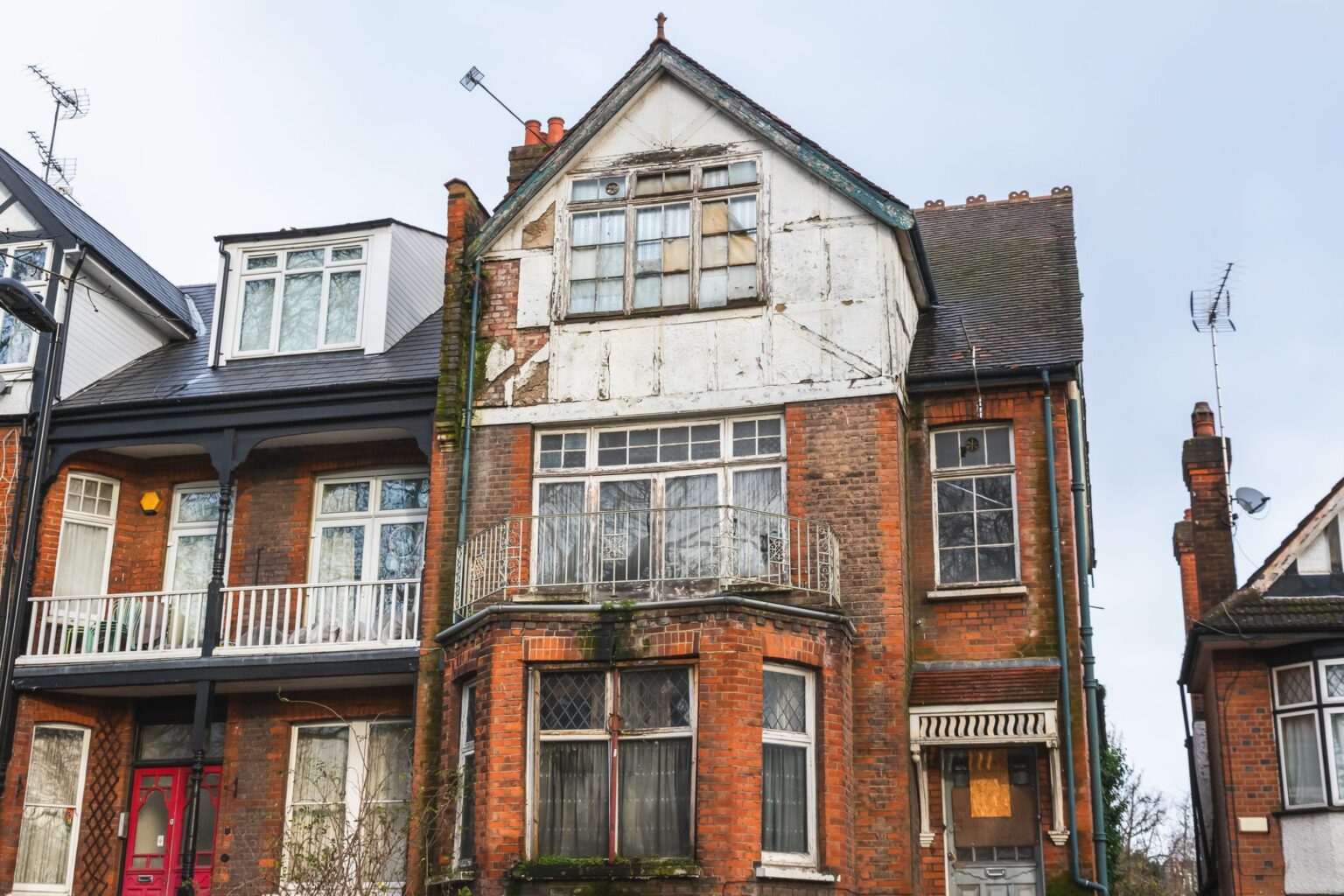The housing market is falling short at its current rate of progress to achieve a minimum EPC grade of C across all domestic properties by the deadline.
The Minimum Energy Performance of Buildings Bill is currently in its second reading stage with the House of Commons, and if enacted will mean that every domestic property in the country must hit the minimum score on its Energy Performance Certificate (EPC) of C by 2035, “where practical, cost-effective and affordable”.
Referring to the private rented sector specifically, the Bill also requires that all new tenancies have an energy performance rating of C from 31 December 2025, followed by all existing tenancies from 31 December 2028, unless the landlord meets certain exemption criteria.
While it isn’t certain whether this will come into effect as it is currently set out, research from Knight Frank has revealed that around 1.4 million homes must be upgraded every year until the target date to reach the desired level across all properties – and we are currently falling short of this.
Half of properties below minimum EPC
The research from Knight Frank shows that the retrofit of properties that are currently rated between D and G needs to increase by 20 times in order to be ready by the deadline. At the moment, 56% of homes in England sit in one of these lower energy efficiency brackets.
Although around 148,000 residential properties have increased their EPC ratings over the past five years, with around 51% achieving a C or above, this is far below the amount required to realistically overhaul the whole market.
The report points out: “If this rate were to continue, the entire housing stock would take over 200 years to reach the required level of minimum EPC C. To meet the 2033 deadline, 9% of those under EPC C, which is 5% of the total housing stock, needs to be upgraded annually; that’s 1.4 million homes, notwithstanding exemptions.”
Homeowners and landlords alike will face the biggest hurdles in terms of property upgrades when it comes to older homes, and particularly listed properties. These represent the least energy efficient housing stock in the country, with less than 1% of this property type achieving an EPC rating of A or B.
Although the actual number of listed homes in England makes up less than 1% of total housing stock, similar patterns apply to all older homes in terms of their energy efficiency credentials, and many will need more spending on them to achieve a higher rating.
However, Knight Frank notes that listed buildings are likely to be exempt from the new rules.
How this affects landlords
Since 2020, a minimum EPC rating of E has already been in place in the private rented sector, which is expected to have already had a positive impact on the housing stock being rented out. It also means that the least energy efficient homes have become less desirable to invest in, and less acceptable by tenants.
According to Knight Frank, the total cost of upgrading the private rented sector’s property stock by landlords could be as much as £17.9bn, notwithstanding exemptions. It also points out, though, that there is a value uplift for retrofitting older homes, which can offset some of the cost.
Landlords who own or go on to invest in newer, more energy efficient properties, or even new-builds, may pay more at the outset but can avoid the additional costs and hassle of any future upgrade work to meet new standards. These properties are also likely to appeal to more tenants.
Putting measures in place to incentivise landlords to upgrade, or to assist them in doing so, has been proposed by UKGBC, says Knight Frank, including:
- Variable stamp duty rates;
- Removal of VAT on refurbishment work;
- Council tax reform considering variable rates dependent on energy performance;
- Incentivise banks and lenders to offer low interest mortgage extensions and retrofitting loans for landlords and homeowners
- Direct government grants for low-income households.
Knight Frank concludes: “What is clear is the scale of the challenge. Innovation and incentives need to be introduced and importantly aligned to move the dial significantly.”








